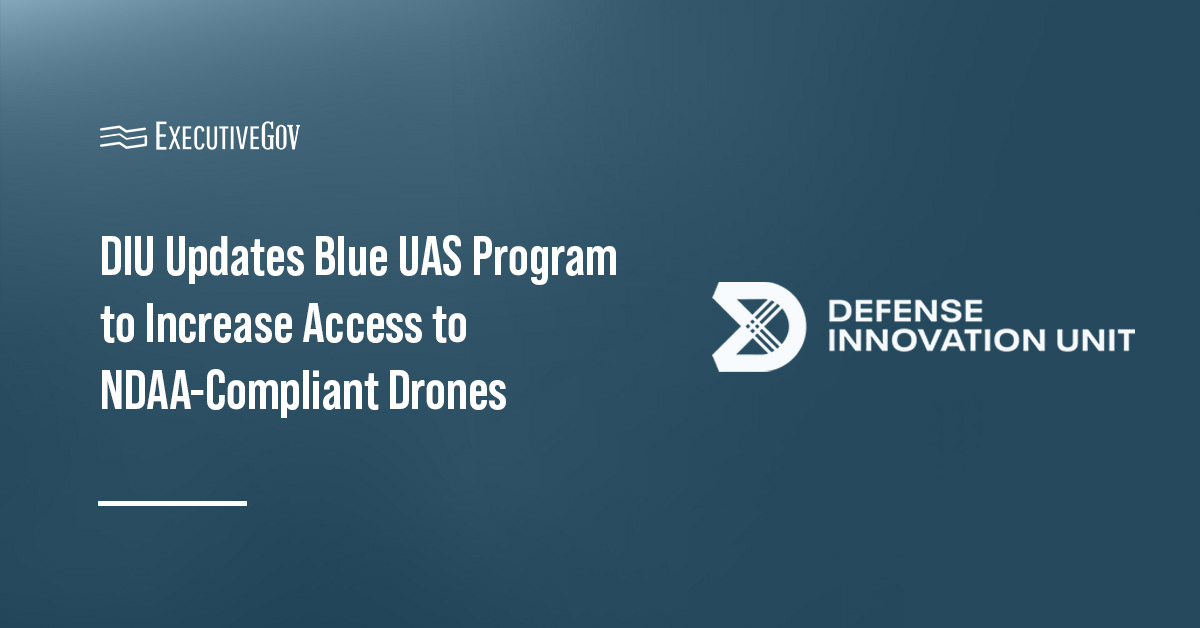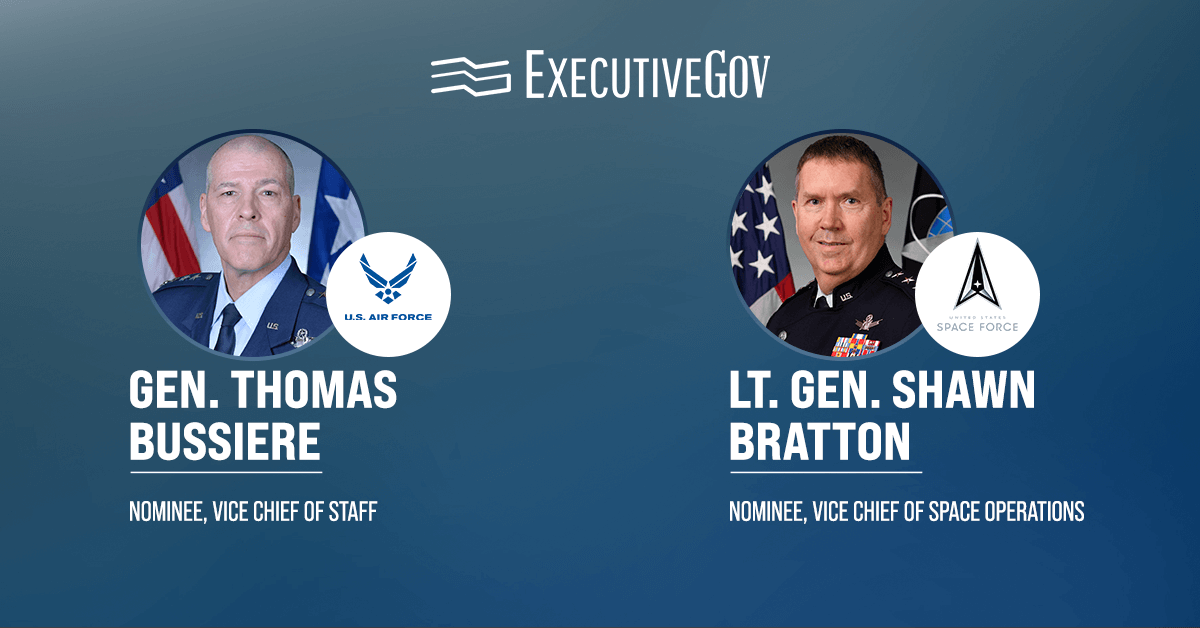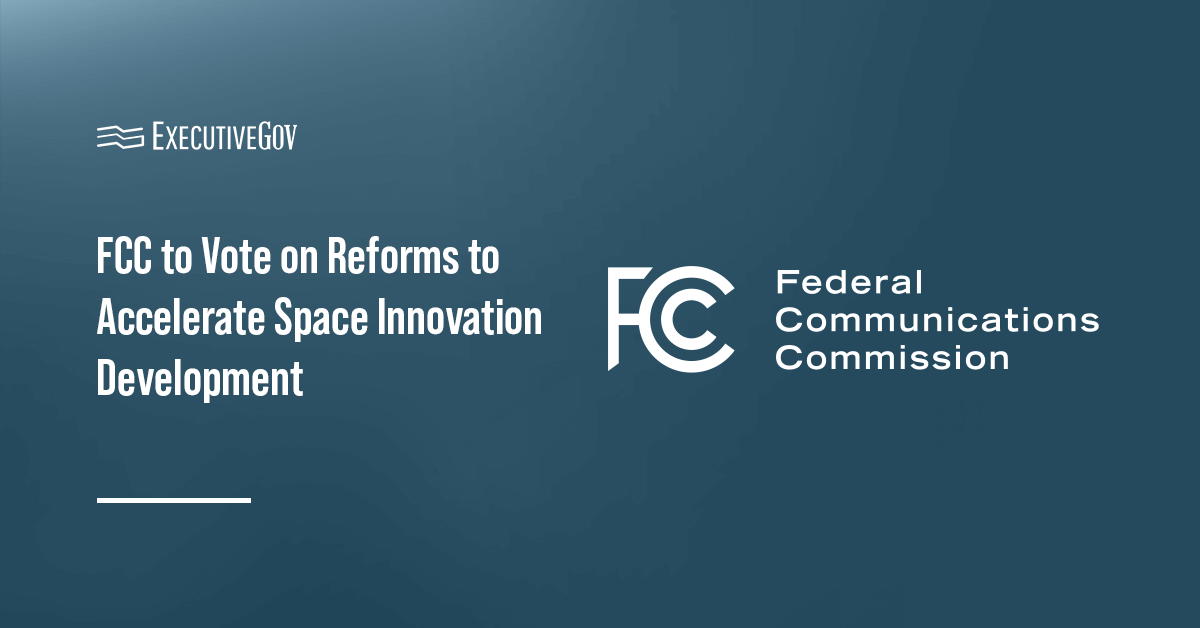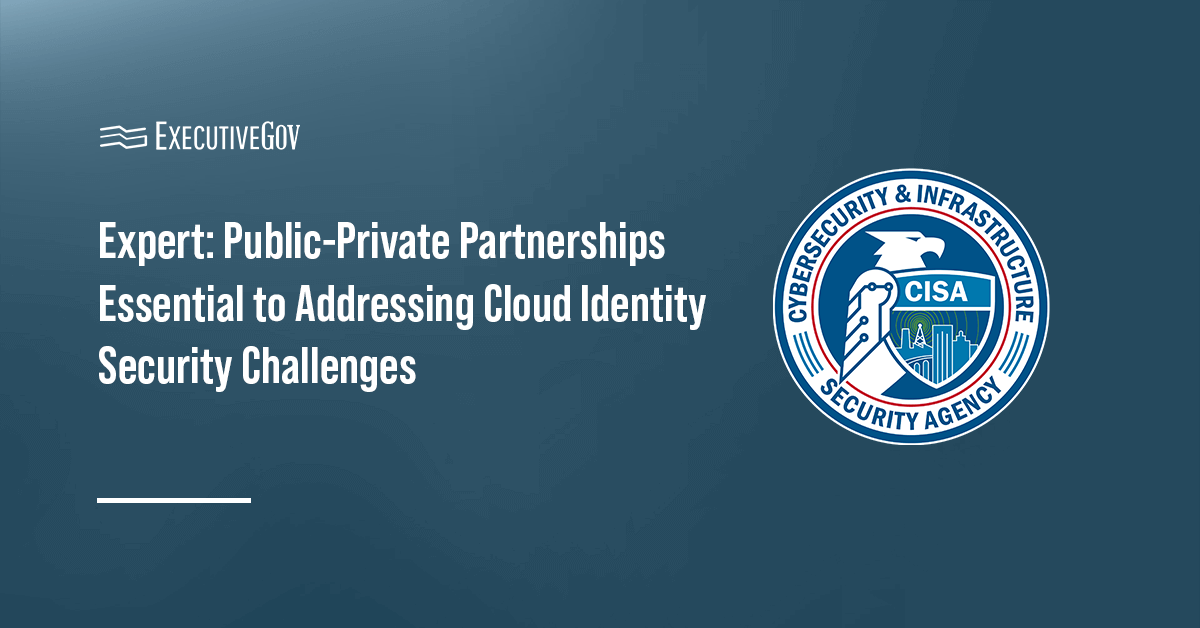The Defense Innovation Unit has updated its Blue UAS program to expand access to trusted drone platforms.
Table of Contents
Green UAS Platforms Expand Blue UAS Cleared List
The update enables unmanned aerial systems certified through Green UAS to be added to the Blue UAS Cleared List, in line with Secretary of Defense and Wash100 winner Pete Hegseth’s recent memo and President Donald Trump’s executive order on drone dominance. These are aimed at increasing the number and accelerating the delivery of National Defense Authorization Act-compliant systems to the warfighter.
DIU introduced its initial cohort of Recognized Assessors, namely MTSI, Dark Wolf Solutions and AUVSI, to provide third-party assessment of platforms and components beginning in September. The agency will continue evaluating RA candidates and add more members to the cohort.
Dig into Blue UAS and other unmanned system policies and technologies during the Opportunities and Challenges in Delivering UXV to the Navy panel at the Potomac Officers Club’s 2025 Navy Summit on August 26!
Blue UAS Website Updated
Changes also include updates to the Blue UAS website, which now distinguishes between Blue UAS Cleared and Blue UAS Select. It also includes the launch of a new Blue UAS Checklist, expected by Aug. 1, to allow general officers, flag officers and members of the Senior Executive Service to certify UAS platforms, components and software.
Management of the Blue UAS Cleared List is in the process of transitioning to the Defense Contract Management Agency, with full instructions for certification expected by the end of July.













